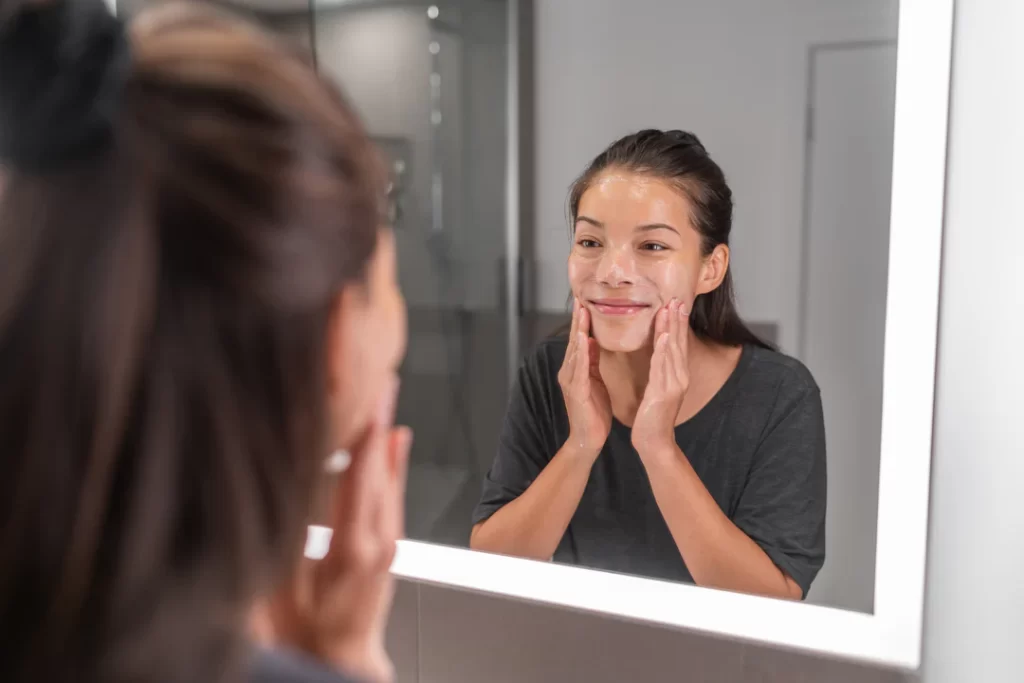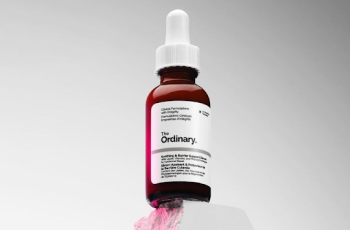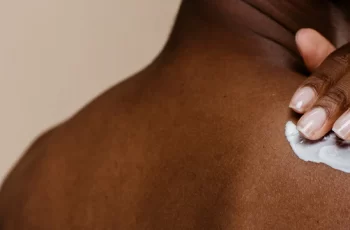
Dark spots and pigmented spots can appear in different ways:
Vitamin C is a powerful ingredient that delivers impressive skin results, from a radiant complexion to a more even skin tone to a healthier-looking complexion. Thanks to its antioxidant properties, it protects the skin from free radical damage such as: B. Excessive UV radiation, pollution, and other environmental aggressors. You’ll also find that vitamin C has a special ability to block pigment production in the lower layers of the skin and prevent existing dark spots from becoming more pigmented.
This popular alpha hydroxy acid (AHA) is a chemical exfoliant that dissolves the “glue” that holds dead skin cells to the surface of the skin. These spots often accumulate, making dark spots appear darker and more noticeable. By removing these unwanted dead skin cells and stimulating collagen production in the lower dermis, you will achieve a brighter, more radiant complexion, a more even skin tone, and youthful elasticity.
Microneedling
Similar to the effects of laser treatments on the skin, microneedling similarly increases collagen production by tricking the skin into thinking there is a wound that needs to heal. While this treatment is effective for complexion, you must be careful not to over-irritate the skin, as this can cause more dark spots and damage.
Do Dark Spots Go Away?
Once you establish a nourishing and effective skin care routine, you will notice that dark spots that are not visible to the naked eye become less noticeable. However, due to the nature of this damage, you will never be able to completely eliminate dark spots. You will need to take steps to prevent discoloration from becoming more discoloration, such as: B. Make sure you adequately protect your skin when exposed to the sun.
Here are some answers on how to get rid of dark spots on your face. Some of these tips can also be applied to other parts of your body where you notice discoloration, such as your chest, hands, and neck.


